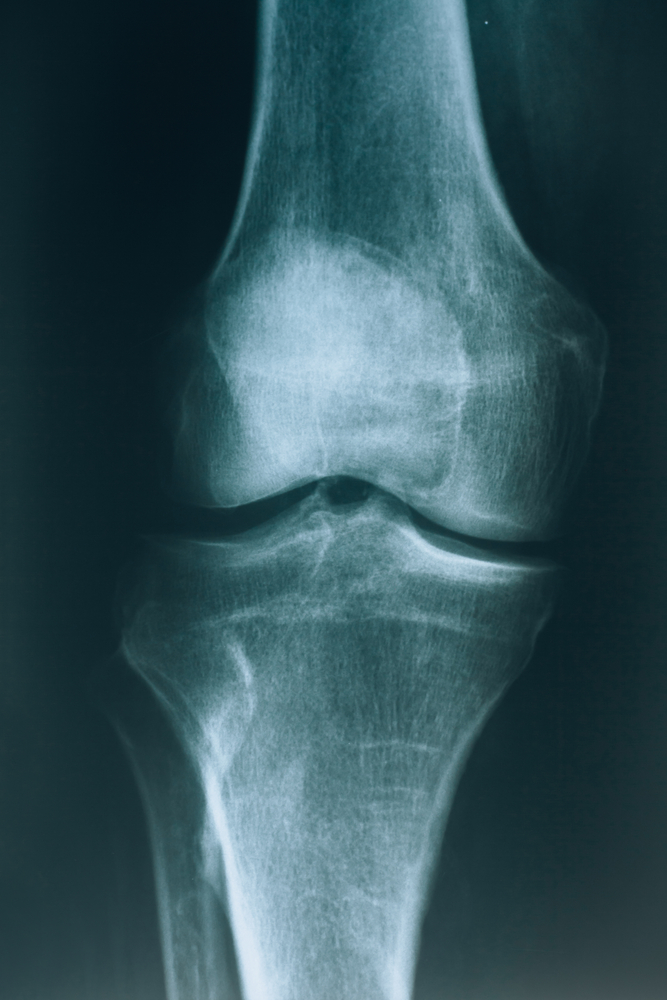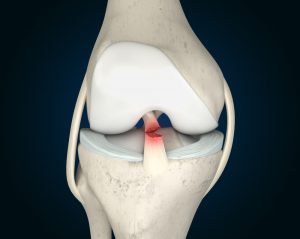I have clicking joints. Is this a problem?
A lot of our clients ask us this question when they go up and down the stairs or when they wake up first thing in the morning. My joints are always clicking and I don’t know if this is going to be an issue in the long term.
This often starts with clicking of the ankles and the knees, the hips when walking or changing in elevation. For example going up the stairs or when you’re loading the joints going down the stairs.
This happens less with the shoulders, elbows. However, once there is clicking, it’s often very hard to stop noticing it and the rest of the body as well.
What is the clicking noise?
It is different from when we adjust your back as a Chiropractor.
What happens here is we move a bone. The ligaments either side of the bone are then stretched. The gas inside the ligament capsule releases and the by-product of the movement of the bone into the right position is that the gas causes crack.
When you are walking, when you hear clicking in your ankles, this is often not the joints clicking and cracking. This is due to the alignment of the joints and the muscles and ligaments around the joints are stretched more than they normally would be and a creating tension when sliding over bones and ligaments.
This often can be worrying because it feels like the joint or the bone is cracking. That’s not often the case.
In the knee, it’s often a ligament around the knee that will cause problems. If the knee is not aligned properly, it can cause this clicking. Remember knee pain rarely occurs in isolation as I always say and it’s generally due to a hip or pelvic imbalance or foot instability such as overpronation. It causes the knee muscles and ligaments to tighten up which will cause the clicking you get when the knee extends and flexes like going up and down the stairs.
Offer: Book a free consultation with West Chiropractic > Find our FAQs here >
In the neck when people flex and bend their neck, they tend to find that it will pop right at the end range of movement or click. This again is the muscle sliding over the joints. It is very rarely the actual joint capsule being stretched far enough to cause the clicking and popping.
If you have a big crack, this tends to be more of the ligament capsule as if you’re doing an adjustment. But remember, if it’s enough to crack on your own, then that joint doesn’t need to be moving. It’s becoming more hyper mobile. I would recommend getting checked out by a Chiropractor to see if there’s another joint that is causing that one to have problems.
What happens in the long term if my body keeps clicking?
The clicking is a sign of dysfunction. For example if we use the ankle, the muscles either side are under different tensions and they’re going to be pulling the joints. If the joints keep clicking over a long period of time, it’s only going to cause them to wear out faster.
Worst case scenario is this causes arthritis in the joints and then you’re left with an actual joint issue rather than just the ligaments clicking. You want to get this checked out before it starts to cause any symptoms. When the symptoms are there, the problem has already been there for several months, maybe even years.
How to correct the clicking?
You need an expert to tell you the reason why you’re getting the clicking. There’s no use going in and stretching all of the muscles around your legs and thinking that this is going to help.
The best example is with the knee. When we treat a runner’s knee, something called “patellofemoral pain syndrome,” this is where the outside of the leg, the muscle called the ITB is very tight and the inside of the leg, the muscle called the “vastus medialis oblique” is weak.
The ITB pulls the knee out and that can cause some clicking and cracking around the knee joint. If we just stretch both of those muscles, it’s not really going to cause any long-term change. We need to make sure that we’re addressing the reason why this is happening. For example, a rotated pelvis. Stretch the ITB muscle but strengthen the inside VMO muscle in order to create equilibrium and restore the normal function of the joint.
You can see more about runner’s knee here in this YouTube video. So, if you’re concerned about any clicking, it may not be in the ankles or legs. It could be in the shoulders, the wrists, the elbow, very often the jaw. The jaw is closely related to neck issues and headaches. So please make sure that you’re getting that addressed if you are concerned.
Offer: Book a free consultation with West Chiropractic > Find our FAQs here >
What we treat at West Chiropractic:
[/fusion_text][/fusion_builder_column][/fusion_builder_row][/fusion_builder_container]


